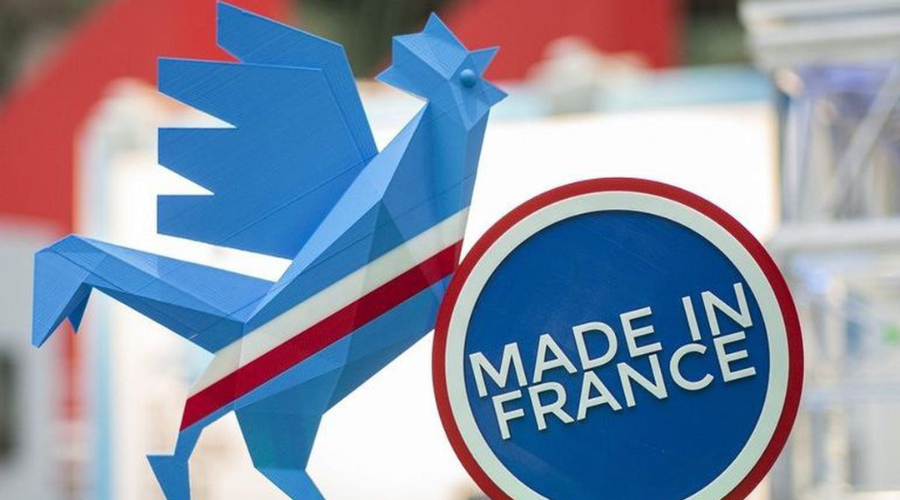How innovation can help the reindustrialization of the French economy
As “La semaine de l’industrie” (the Industry Week) was held last week in France, Bpifrance releases a “Yellow Paper” on the importance of innovation within industrial SMEs and mid-sized companies.

Bpifrance’s action for the industrial sector represented €25 billion in 2021. One of the many objectives behind this action is for these companies to stimulate their innovation potential. Despite this dedicated budget, only 56% of industrial SMEs said they innovate. “Industrial startups are natively integrating innovations. Large groups with an international footprint have the means to invest. But SMEs and mid-sized companies, which are key players in our industrial network, are much less well prepared,” said Roland Lescure, French Minister Delegate for Industry. Bpifrance has the ambition to help these smaller companies more into innovation and has created a “Yellow Paper” to detail all the challenges and opportunities that it represents for them.
30,000 industrial companies representing La French Fab in France and around the world
As an introduction, the yellow paper draws out the landscape of the French industry:
- Among the 30,000 French industrial companies, 25,000 are SMEs and 1,700 are mid-sized companies. It corresponds to 18% of all French SMEs and mid-sized companies.
- SMEs and mid-sized companies in the industrial sector hold for almost 2 million of direct jobs: it accounts for 60% of all the jobs in this field.
- The average revenues for SMEs reach €7 million; it is €235 million for mid-sized companies.
Even if French industrial SMEs and mid-sized companies are deeply anchored to the territories and implemented in French regions , 70% see outside the frontiers. For half of them, export represents at least 10% of their revenues. Exporters are mainly oriented toward Europe, the USA and China, and mainly from the chemical, agricultural and equipment & machine fields. French industrial companies of every size are gathered under La French Fab. This community wants to create a big network that would accelerate the transformation of the industrial sector in France, make them in relation. Being reunited under the same flag La French Fab also aspires to accelerate the innovation of the industrial sector, which also holds a broader challenge of the reindustrialization of the French economy.
Innovation, a factor of competitiveness
Distinguishing the different types of innovation (technical & scientific versus production & business model), the yellow paper underlines that 62% of French industrial SMEs and mid-sized companies have innovated during the last three years. This is more than the average of the French SMEs. However, the study shows how investment in R&D are still lacking, thus impacting innovation: less than 30% of these firms applied for a patent between 2015 and 2018. “Our manufacturing SMEs and mid-sized companies must invest more heavily in innovation, which is necessary to strengthen the industrial fabric in the territories,” said French Minister Roland Lescure. Behind innovation relies many other issues: competitive advantage, closer ties with startups and the research world, … “We chose to invest in order to maintain our independence. We have learned from the period when we had to subcontract to a colleague who was bought by our main competitor” shares Patrick Poirrier from Cémoi Group.
Cooperation opens companies to innovation
Companies from the industrial sector increasingly consider environmental transition, and 90% have started a reflection on this subject. In a context of increasing international competition, Bpifrance also stimulates companies to not stay in the corner and to get exposed to new ideas, new environments, and new projects through networking and by staying opened to cooperation from every horizon: research, labs, clients, suppliers, even from other countries. This includes the financing aspects: most companies (87%) rely on self-financing for R&D and do not seek enough private and public financing. Bpifrance encourages innovation-oriented investments for more disruptive technologies through a panel of solutions, from consulting to financing. As an example, after participating in a Bpifrance accelerator program, 85% have declared the companies are conducting or planning a short or mid-term industrial project: it was either in answer to production capacity or innovation strategies, or to ameliorate their environmental impact.
Related
Trending

